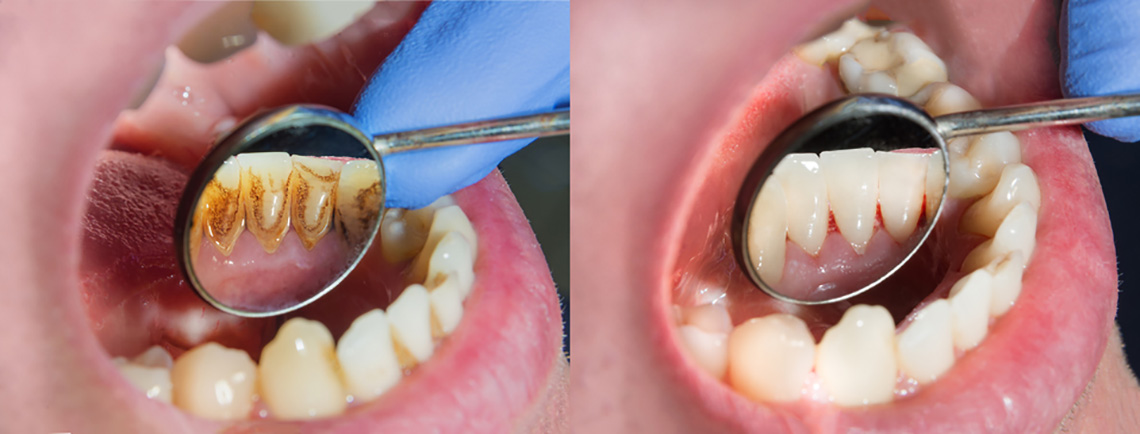
Posted on April 16, 2025
When we think about the dangers of smoking, lung cancer and heart disease are often the first things that come to mind. However, the impact of smoking on your oral health is just as significant—and often overlooked. From yellowing teeth to serious gum disease, the effects of smoking on teeth and the entire oral cavity are both visible and deeply damaging.
Discolouration and Bad Breath
One of the most immediate effects of smoking on teeth is discolouration. The nicotine and tar found in tobacco products stain enamel, turning teeth yellow or even brown over time. This staining is not only aesthetic; it can be stubborn and resistant to regular brushing or whitening treatments. It is important for smokers to understand the risks of excessive teeth whitening to ensure they aren't using it as a reactive measure. Alongside this, smoking contributes to persistent bad breath, caused by a dry mouth and the buildup of harmful bacteria.
Increased Risk of Gum Disease
The relationship between smoking and oral health goes far beyond surface-level concerns. Smokers are significantly more likely to develop gum disease (periodontitis), a serious condition that can lead to tooth loss if left untreated. Smoking weakens the immune system, making it harder for the body to fight off infection and for gums to heal after damage. The signs of gum disease—such as swollen, bleeding gums and loose teeth—may also be less noticeable in smokers, allowing the disease to progress unnoticed.
Tooth Loss and Bone Damage
Long-term effects of smoking on teeth include a higher risk of tooth loss and deterioration of the jawbone. Because smoking reduces blood flow to the gums, it hinders the delivery of essential nutrients to bone and tissue. Over time, this can lead to bone resorption, where the jawbone begins to shrink, altering facial structure and complicating dental treatments like implants or dentures.
Delayed Healing and Dental Treatment Complications
Whether it's a routine cleaning or oral surgery, smokers tend to experience delayed healing. This complicates recovery from procedures like tooth extractions, implants, or gum treatments. Additionally, smoking can reduce the success rate of these treatments, making it harder for dentists to manage a patient’s oral health effectively.
Contact Creek View Dental Today
The good news is that many of the harmful effects of smoking on teeth can be reduced or even reversed after quitting. Improved blood circulation, better gum health, and reduced staining are just a few of the benefits. Dental professionals strongly encourage patients to seek support for quitting smoking—not just for their overall health, but for the long-term health of their teeth and gums.
If you’re a smoker, contact Creek View Dental about the risks and steps you can take to protect your smile.
